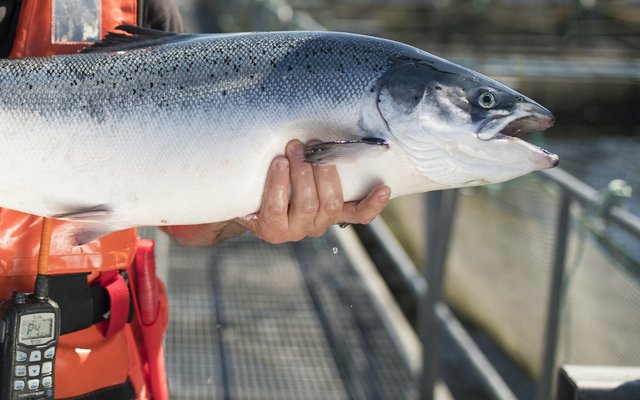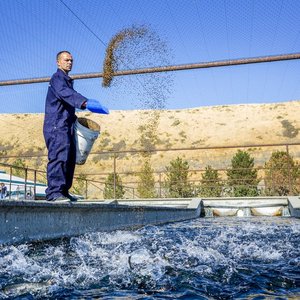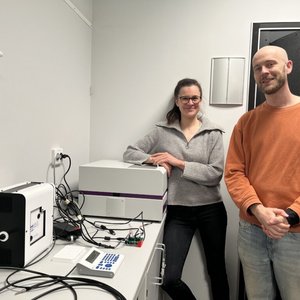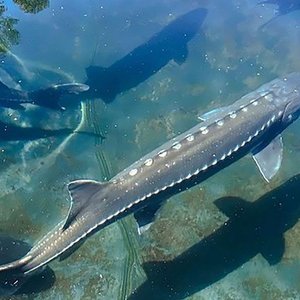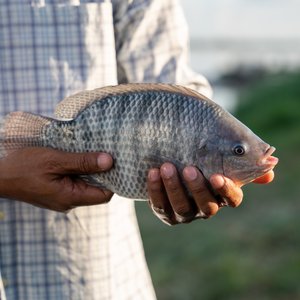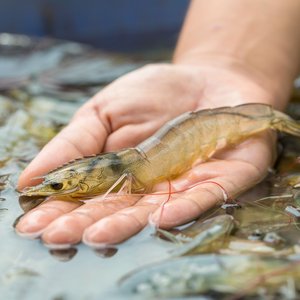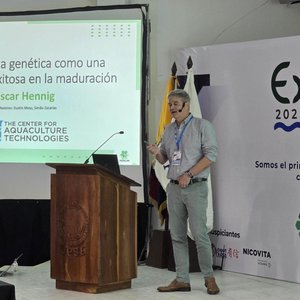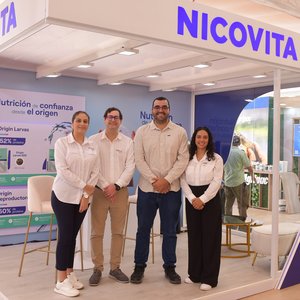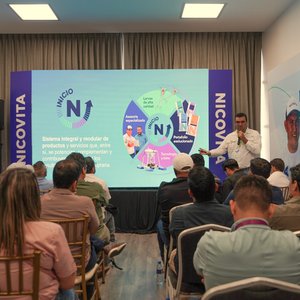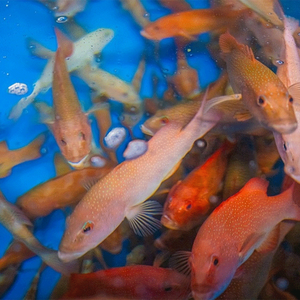An international collaboration between aquaculture experts from Scotland, Chile and Hendrix Genetics has taken a significant step towards the early detection and potential treatment of multifactorial gill disease. Caused by a range of bacteria, viruses, parasites, algae and zooplankton, complex gill disease (CGD) is a growing health challenge for salmon across the world.
During 2018, a new type of CGD emerged in Chile resulting in significant gill inflammation among the fish, which progressed unusually quickly and led to stock losses. Following the outbreak at a salmon farmer’s facility in Chile, researchers from Hendrix Genetics, the University of Edinburgh’s Roslin Institute and the Institute of Aquaculture at the University of Stirling collected and analyzed samples to conduct an in-depth assessment of the developing disease. Funding support for the project was provided by the Scottish Aquaculture Innovation Centre (SAIC).
The samples gathered by the team are currently undergoing genomic and transcriptomic analysis at the Roslin Institute. The results could help the researchers to better understand the pathology of the disease and, through genomic studies, determine whether fish with enhanced resistance could be bred in the future.
Initial analysis by Noahgene Ltd, another project partner, has also suggested an earlier amoebic infection had been largely cleared, while pathogens commonly associated with Complex Gill Disease in Europe were discovered. However, an important finding was very high levels of Tenacibaculum maritimum, a bacterium more usually present in gills damaged by algal blooms. Additional assessment conducted at Harper Adams University did not find pathogens commonly associated with Complex Gill Diseases in Europe.
Alastair Hamilton, genomics expert at Hendrix Genetics Aquaculture, said that “it is most encouraging to have uncovered a finding of such potential significance at this early stage – if this pattern is confirmed in subsequent cases, it could point the way to treatment strategies, including opportunities for selective breeding. By adding to our understanding of these complex pathologies, this opportunity for knowledge exchange through the SAIC project will be of tremendous value to both the Chilean and Scottish aquaculture industries.”


